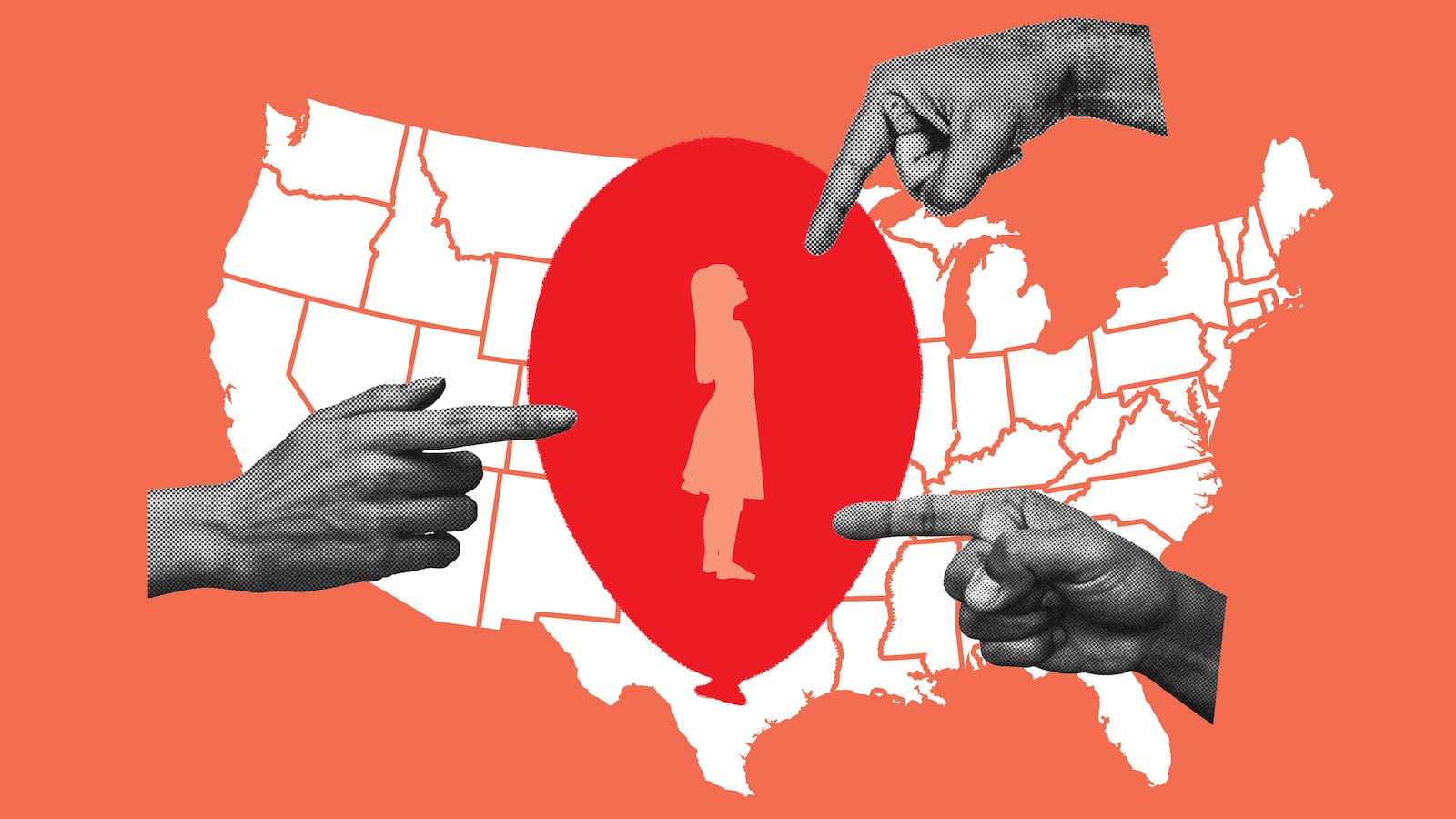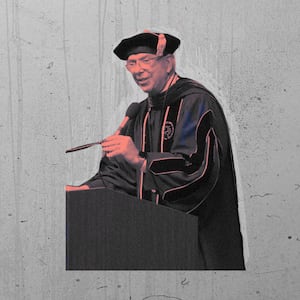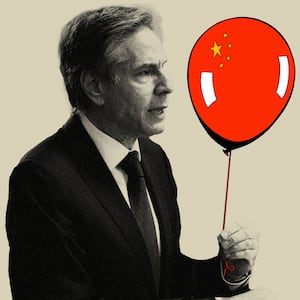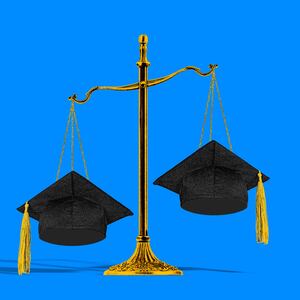The downing of a Chinese surveillance balloon amplifies the now politically required jingoistic rhetoric directed at China by both Democrats and Republicans. But it ignores the dangers posed to Asian Americans by an excessive emphasis on China as an economic and military “adversary.”
Directing fire at China—and Asians generally—has a long history in America and the West for economic and political gain.
Sinophobia in the U.S. first arose with racist hostility and stereotypes directed at Chinese in the 1800s. It resulted in lynchings of Chinese and legislation like the Chinese Exclusion Act—the first and only U.S. law excluding immigration for a specific nationality—passed amid a frenzy of public opinion blaming Chinese workers on the West Coast for declining wages and economic ills, despite the fact the Chinese population was a whopping .0002 percent.
Even our so-called “war on drugs” is rooted in laws prohibiting the use of opium that characterized the substance “as a symbol of transgression that the Chinese presence has elicited.” Opium, it should be remembered, was pushed upon China by the British, who found their narcotics cartel so profitable that they were willing to declare war on China twice (“the Opium Wars”) to preserve their drug profits when the Chinese government tried to ban its import, after opium addiction became rampant among its population.
In the 1970s and 1980s, economic competition with Japan over automobile production led to racial hate directed at Japanese Americans—a hate that resulted in the beating death of Chinese American Vincent Chin who was mistaken for being of Japanese ancestry.
The COVID-19 health crisis presented a political opportunity for then-President Trump to shift focus away from his administration’s failed COVID response—he blamed China. Trump and other Republicans used racist terms like “kung flu,” which caused an enormous spike in anti-Asian sentiment and violence.
But it’s not just Trump and his supporters’ blatant racist association of China with COVID-19 that endangers Asian Americans, it’s also the inherent Sinophobia lurking beneath national security concerns that led to the Trump Justice Department coming up with the “China Initiative” in 2018 that focused on targeting Chinese nationals and Chinese American scientists for disclosure violations on grant applications.
DOJ’s racial profiling of Chinese Americans has caused such debacles as the 1999 arrest and subsequent failed prosecution of the Taiwanese-American nuclear scientist Dr. Wen Ho Lee, a government-led railroading of an innocent man that ultimately led to a judge apologizing to Lee for, among other things, DOJ’s vehement insistence that Lee be held in solitary confinement. (Full disclosure: I was counsel to then-Attorney General Janet Reno during the Lee investigation and any reference to the case is based solely on public reporting.)
The Pentagon has been using the “China threat” to justify its enormous budget increases, despite such facts as China spending about a third as much on its military as compared to the U.S. (circa 2021 figures), and the U.S Air Force General in charge of fleet and transport aircraft openly predicting war with China by 2025.
The military has also raised China as a reason for weighing in on whether the American subsidiary of a Chinese company should be allowed to open a corn mill in North Dakota. The Air Force called the corn mill a “significant threat to national security” over concerns that the mill is only 15 miles from an Air Force base. While the local community was initially enthused about the possibility of an economic boon to the area, opposition soon arose, including signs reading “China Gave U.S. COVID,” others mentioning dog meat, and suggestions that local officials who in favor of the project might be working for the Chinese government.
The Biden administration’s actions in response to the Chinese surveillance balloon have been measured and completely consistent with protecting U.S. sovereign air space—while resisting irresponsible calls to disregard dangers from debris by shooting it down over populated land areas. But history teaches us that words matter and the constant rhetoric about China’s role as an “adversary” in the service of political gain needs to be reined in.
On September 17, 2001, only six days after the 9/11 attacks that killed nearly 3,000 Americans, President George W. Bush visited the Islamic Center of Washington and reminded Americans that American Muslim citizens must be treated with respect despite the country’s “anger and emotion.” Political leaders would do well to remember that moment of calm at a time of crisis.
As Americans we are faced with a complex global economy that must be expected to include challenges resulting from competition with another superpower like China. But our challenge is not limited to winning, it’s learning how to compete without resorting to the dangerous Sinophobia that blots our history.









